True global accessibility demands that the books are available where the consumers are and affordable where the consumers are.
Canada-based Legible is a (currently in beta) retail and subscription streaming service for digital booklovers worldwide that promises to “democratise, decolonise, decarbonise and decentralise the publishing industry.”
If Legible can pull this off it will be a welcome step forward for the global publishing industry, and there are some strong figures behind the project that give cause for optimism.
Operating out of Vancouver, CEO Kaleeg Hainsworth, founder of Bright Wing Media and with 25 years hands-on experience in digital publishing, is supported by ex-Kobo operatives Cameron Drew and Malcolm Neil, co-leading development of content and strategy as part of a 40-strong team, according to Publishers Weekly, which also advises Legible has attracted unspecified “international investment”.
With a focus on quality rather than quality, Hainsworth says Legible takes a,
Human-centered curation approach… (adding) …our books are not dumbed down versions of epubs, they are the actual book served in their original glory and elevated through our reading system, right on the browser.
What’s not to like?
The problem is when we come to the bold statement about Legible’s aim to “democratise, decolonise, decarbonise and decentralise the publishing industry.”
A visit to the Legible website, such as is publicly visible in this beta stage, tells us little, but from PW’s report Legible will launch with about 30,000 public domain titles and also books from “a handful of publishers” that include Grove Atlantic and Open Road Media.
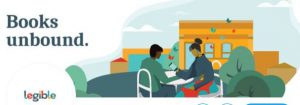
Legible plans to offer a subscription service (not unlimited) that will give publishers 60% of revenue (presumably based on list price) while charging consumers $14.99 per month to read the aforementioned public domain titles and books from said “handful” of publishers.
Of course that will grow, but here’s where I get uneasy about the democratising, decolonising and decentralising that is supposed to happen.
Legible will launch initially in the US and Canada, both as a consumer-facing operation and as a publishing platform for self-publishers.
Per PW’s report:
The company also offers Legible Publishing, which allows authors to self-publish their work, and which Hainsworth described as, “the other hemisphere of the brain of Legible.” It comes with the same core values. “It is built with all the same requirements for accessibility, integrity, beauty and sustainability, because we see the opportunity to give this to people around the world for people who have never had access to publishing. This way we can promote cultural diversity.”
“We are unambiguously ambitious,” Hainsworth said. “We are a Canadian company, but we are making a global play. I think there is no better time in history to do this, to make a company with integrity that makes reading equitable accessible to so many. It is our destiny to do this.”
Okay… Let’s allow that there are gamma plans behind the beta project to make “a global play” at some unspecified date in the future and that the unspecified international investment is enough to make this happen.
Hainsworth says,
Billions of people do not have accessibility to reading or publishing. Either they cannot afford a device or books or are not privileged enough. Yet, for example, 475 million people in Africa have phones and, thus, should have access to reading. True accessibility demands that reading can be done in a browser, which is central to what Legible offers.
In fact there are 590 million internet users across Africa in 2021 –
and by definition every one of them is using a device that can also be sued to read books, which only reinforces what Hainsworth is saying.
But true global accessibility demands that the books are available where the consumers are and affordable where the consumers are.
Legible’s launch model does not even allow Africans to sign-up, is charging North America prices, and will have content that, public domain material aside, will likely have territorial restrictions that exclude access across the African continent (and most of the rest of the world).
I sincerely hope Legible can live up to its ambitions. The global reading public deserve the opportunity, but the world is a big place, and no self-declared globally-focussed retailer or streaming service has yet managed to come even close to meaningful worldwide reach.
Hainsworth is right: “There is no better time in history to do this.”
Which begs the question why the launch will only be in North America, and at a price unsustainable across most of the globe.

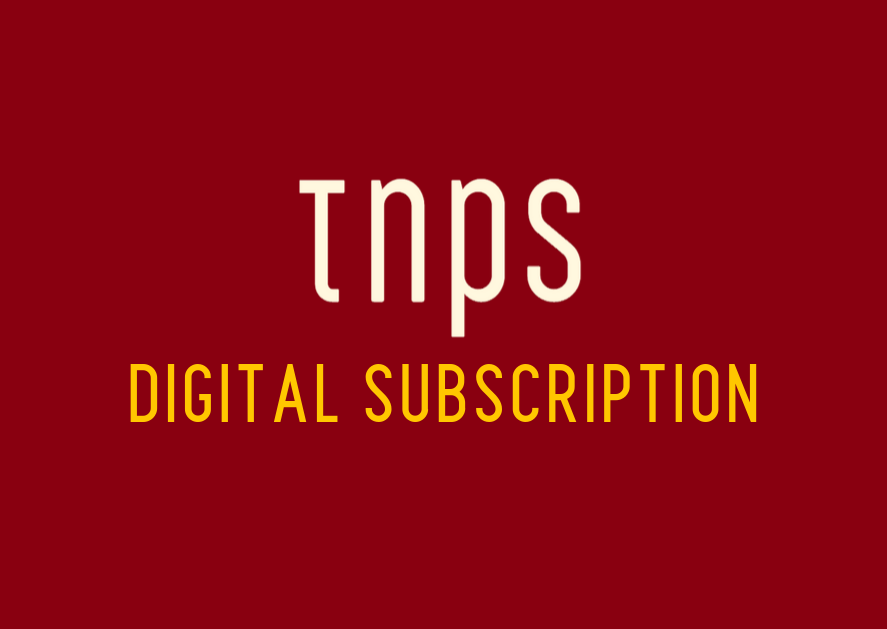
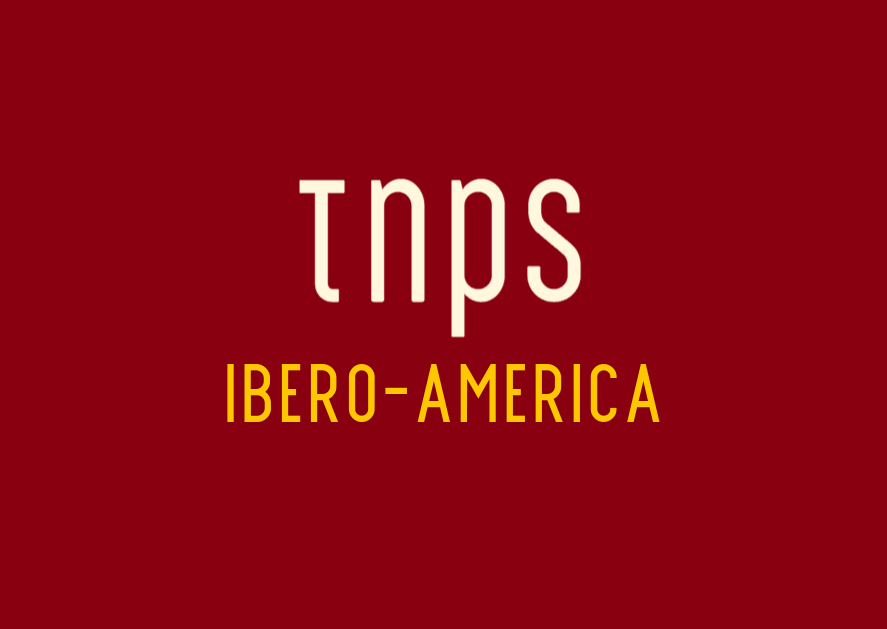
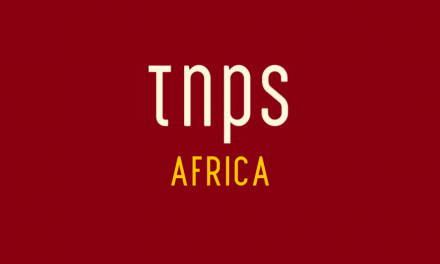
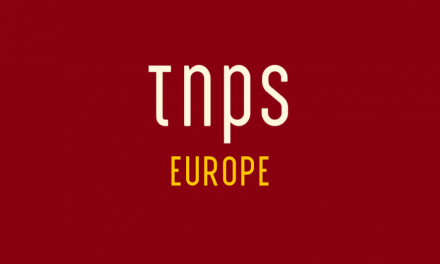

“Which begs the question why the launch will only be in North America, and at a price unsustainable across most of the globe.”
Tech and services (like Tesla) rely on people with disposable income to fund the early stages, subsidizing the people with less cash who come later.
Maybe they hope to fund the system with North American money, so they can roll out an affordable version to other parts of the world.
Thanks for your comment, Roland. Nothing to disagree with there, and if Legible has made that case it would be fine. But to quote the Legible CEO:
“475 million people in Africa have phones and, thus, should have access to reading. True accessibility demands that reading can be done in a browser, which is central to what Legible offers.”
Note the present tense and Africa in the same sentence. Clearly by launching only in the US and Canada Legible does not offer this in Africa. One would hope that a company hyping high standards in quality writing is not confusing the present and aspiring future tense.
There is no intimation of a timeline as to when this much-to-be-welcomed Africa launch might eventually happen, or how it might be achieved
And in any case, per the OP, it would need publishers to revise their territorial restrictions – not a finance issue but a publishing psychology issue.